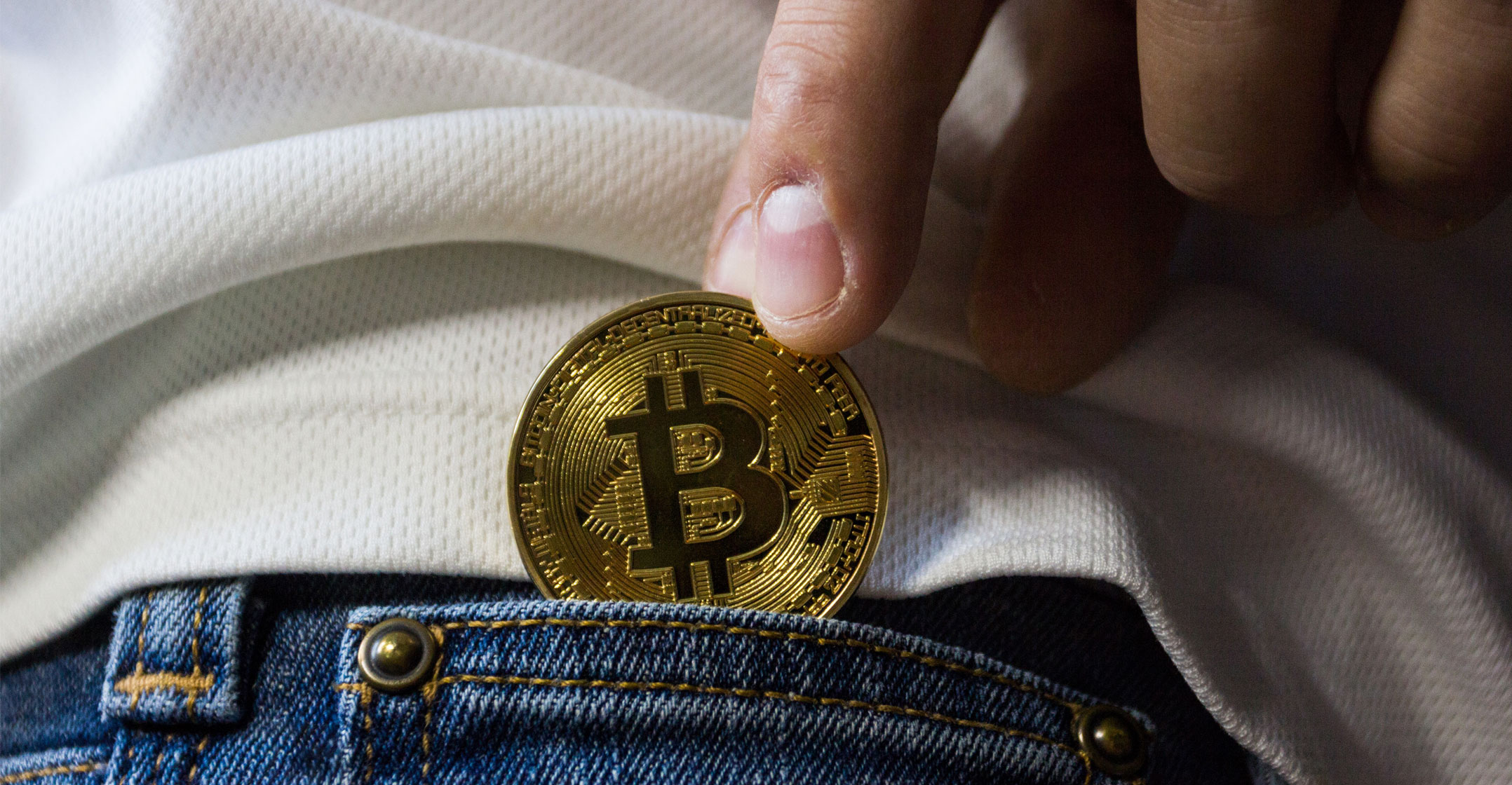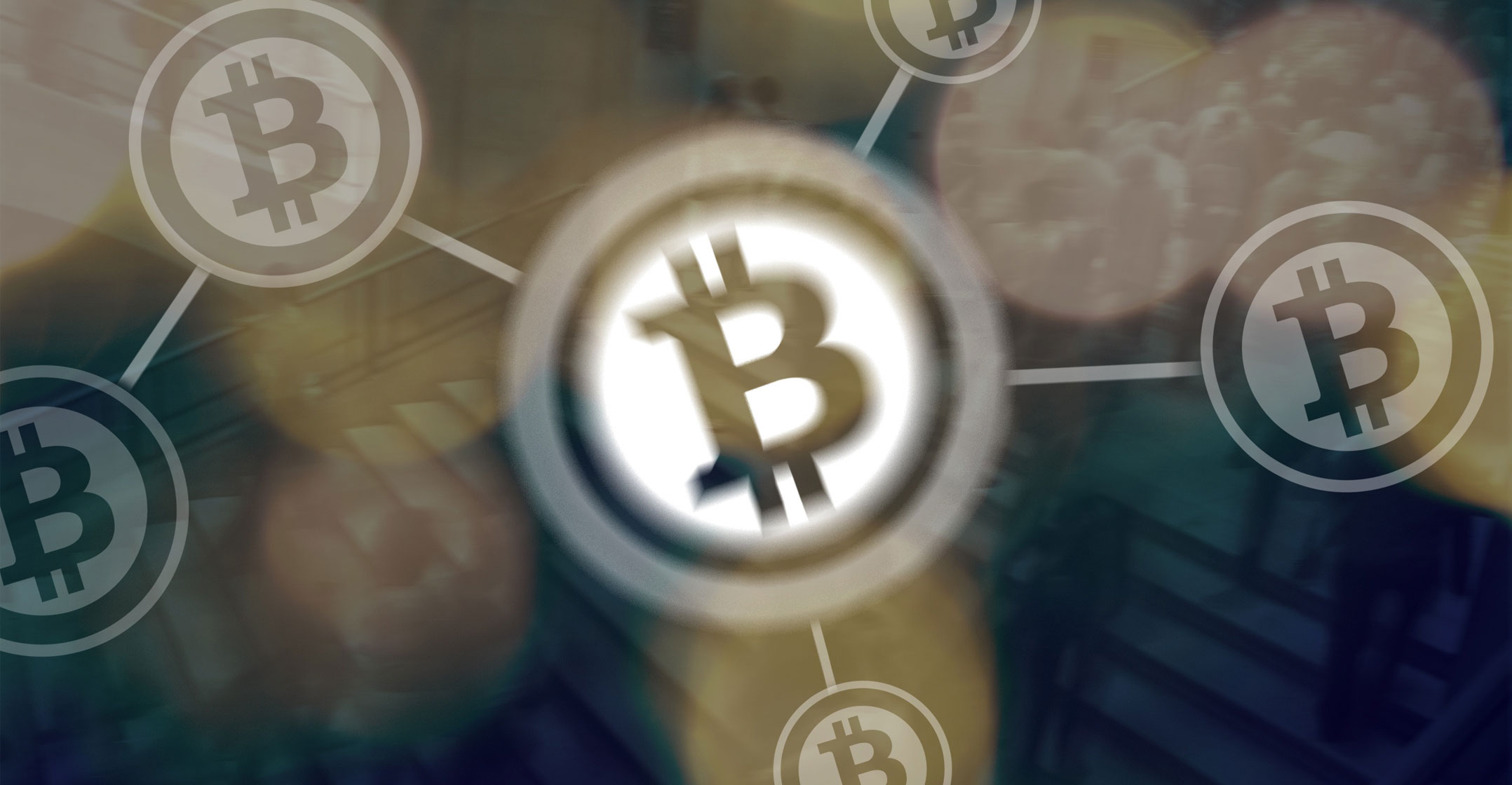
[dropcap]O[/dropcap]ver the last week, the price of bitcoin crashed from around US$2 400 to $1 800 on fears of a so-called hard fork, which is to say the digital currency would effectively split in two due to software upgrades at the end of the month that would create competing marketplaces.
Potential and actual forks have roiled cryptocurrency prices regularly since the introduction of bitcoin in 2009. The problem with most reporting of these events is that it treats cryptocurrencies as different from physical currencies, and a fork as a complicated technological disaster.
After a fork, a currency exists in two or more incompatible forms. Two of the biggest forks for the US dollar occurred in 1963 and 1971.
In 1963, the US passed the badly conceived Interest Equalisation Tax on purchases of foreign securities by taxpayers. London banks quickly created “eurodollar” deposits, dollar deposits outside the US banking system, which were not subject to the tax.
A eurodollar is kind of like a dollar, except that it is not supported by the US. When there is more faith in banks than governments, eurodollars carry a lower interest rate than regular dollars because they are less subject to American jurisdiction. But when banks are troubled, eurodollars carry higher rates because the eurodollar banks might be unable to redeem deposits. In 2008, when that possibility became real, the Federal Reserve supported eurodollars.
In 1971, the Reserve Primary Fund was formed. It was organised via a loophole in mutual fund rules, not as a money substitute. Regulators fought these funds for years before embracing them in the early 1980s. Purchase of money market shares was kind of like depositing money in a bank, except that the money market funds paid much higher rates, and except that the deposit had no official support. Nevertheless, in 2008, the government decided to support money market funds. Money market deposits are counted as dollars in the money supply according to M2, the most widely used measure.
Forks
Obviously neither of these forks, nor many smaller forks over the years, led to the abandonment of the dollar. The fact that London banks or US fund managers could create their own versions of dollars without Fed oversight didn’t cause problems. It made dollars more valuable because different flavours worked better for different purposes.
Cryptocurrencies have the opposite problem. Fear of forks makes it difficult to make routine technical changes. This conservatism is one of the factors fuelling the growth of tokens that can be easily designed and updated to meet transactional needs, while tying their values to older cryptocurrencies, much like modern physical currencies began by tying their values to gold.

The fear of forks springs from a deeper fear that cryptocurrency values will unravel quickly to zero. Sure, this could happen, but it happens all the time with physical currencies as well.
There were at least 140 physical currencies in the world 100 years ago. Most evaporated without significant payment to holders. The Swiss franc was the best performer with only a 75% loss in value, followed by the dollar with a 95% loss and the pound at 98%. Only a handful of other currencies have any value at all.
A 95% depreciation over a century is only a 3% loss per year, yet it is the rule, not the exception, that currencies evaporate due to hyperinflation, government default or expropriation, or a losing a war. People do not use them because they have faith in their long-term survival, but because they can facilitate transactions today.
Bitcoin is far better protected against those four risks than any physical currency. The only thing it lacks is the imprimatur of a government — or anything else. Does that give it a 3% chance of crashing to zero over the next year? That would put it around the historical loss from the best physical currencies. A 10% chance would make it roughly as risky as an average currency. Clearly, cryptocurrencies have far more short-term volatility in value than most physical currencies, but my estimate is that well-designed ones have much better chances of surviving a century — or being bought out at significant value — than the average physical currency. — Aaron R Brown, (c) 2017 Bloomberg LP

